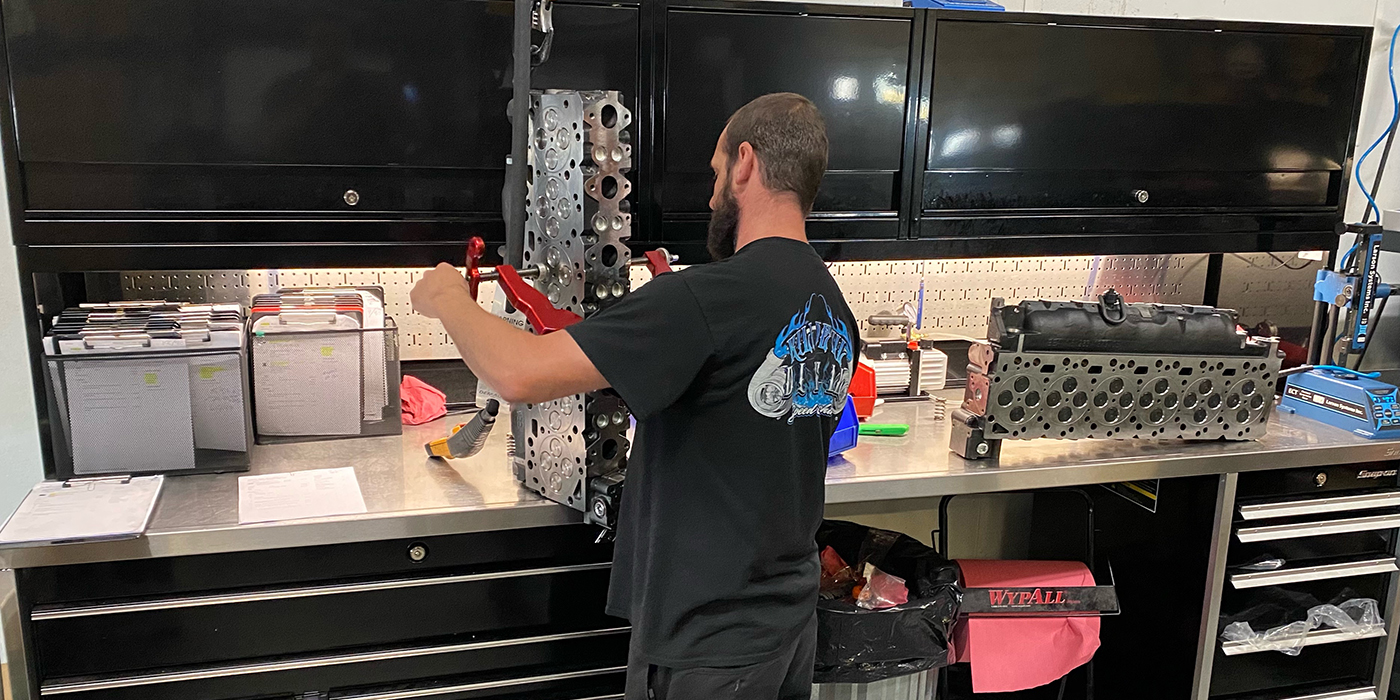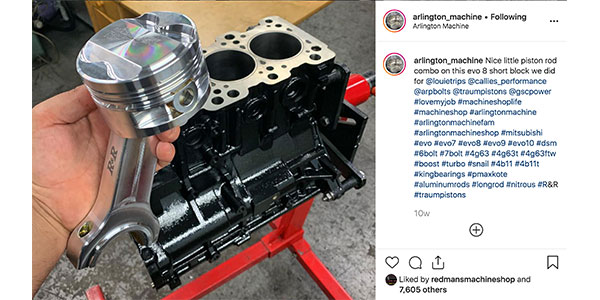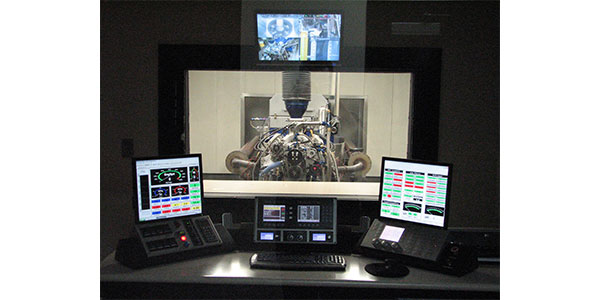You realize you need help in making your business decisions, but where
do you go to find it? There are several different group options, and
you might find that one or a combination of a few works the best for
you. Here are a few ways to broaden your decision-making inputs in
group settings:

Peer Advisory Groups. These are groups of
non-competing business owners who get together with the benefit of a
facilitator, usually monthly, to discuss the issues and opportunities
in their businesses. The common thread in these groups is the
growth-orientation of the owners and the interest in doing whatever is
necessary to be more successful.
Trade Associations. Usually a great storehouse of
industry information and they typically offer programs or forums for
getting together with other owners. The common thread here is that
everyone is from the same industry.
Local Chambers of Commerce and Other Networking Organizations.
These organizations have access to a wide variety of businesses and
run group programs or provide expert speakers to help educate their
membership. The common thread here is that every member is located in
or does business in the same geographic area.
Business Advisory Boards. Boards such as these are
often put together by a consultant. They typically meet quarterly and
provide input on strategic platforms and broad initiatives. The common
thread is either a prior close connection to the ownership or a deep
understanding of the industry.
The list above is not mutually exclusive. Many very successful
business owners participate in more than one of these groups and most
of them would say that is the reason for their success.
The bottom line is that going it alone is not a viable option. If you
want to grow your business, you absolutely need to
tap into the power of numbers. If you do it right, you will find that
you can create better business results faster, with less effort than
you are expending now.
What You Can DO:
1. If you already have a peer advisory group or
business advisory board – If your group is led by or was created by a
reputable firm, the only issues are:
a. Whether or not you are fully leveraging the group. As in so many things, you get out of it what you put into it.
b. Whether you are truly open to the advice you
receive. A simple test – when you are given feedback, do you find
yourself defending your current thoughts and the decisions you already
made, and do you find that you never get around to implementing any of
the ideas provided to you? If either of these are true, you are
probably not truly open to receiving advice.
2. If you do not have a peer advisory group, business
advisory board, association or other group feedback mechanism, you
should get at least one. As you search for a partner who will lead your
peer advisory group, business exchange or form your business advisory
board, consider the following questions:
a. What kind of people do I respect? Whose advice would make me sit up and listen?
b. Am I seeking a group that will give me feedback on a monthly basis, quarterly basis or something else?
c. Would it be useful to have feedback on just the
really big issues or would it be valuable to get thoughts on a wide
variety of challenges?
3. If you do not have a formal group, but do have people you can talk to on a more informal basis, ask yourself these questions:
a. How many advisors have you identified? Is the number sufficient/excessive?
b. What is their expertise? Do your advisors represent a sufficient array of skills and experience?
c. Do you meet with your advisors individually or in a
group? Do your advisors ever interact with each other and hash out
their solutions together, or do you get feedback from each of them
separately?
d. What is your connection with each advisor? Would
your relationship with any one of them be damaged if they told you
something that was difficult for you to hear?
e. What is their motivation for working with you? Are they paid by you?
f. How often do you talk? Are you free to call them anytime or just at specified times?
g. When you speak, how much time do you get? Is it sufficient?
h. What do you do after speaking with them? Are the next steps always clear?
i. Do you have a number of examples in which conversations with your advisors made a significant positive impact on your business?
If you plan to create an ad hoc group or have already created one,
there are some guidelines for doing so that you might consider the
response to the prior questions. For example, you should probably have
three to five advisors and one should be your “go-to” person. Their
combined expertise should represent an array of business functions
(e.g., HR, operations, finance, marketing, sales, law, big companies,
small companies, etc.). Ideally, you meet with them as a group, or
they should get together with you as a group from time to time.
Each advisor should have a business relationship with you that ensures
they are motivated by your success and have no vested interest in any
specific solution. Each one must be able to speak his/her mind and
provide unedited feedback without fear of it impacting your
relationship. You should not have to go long periods without being able
to speak with them so that current issues can be brought up as they
arise. They should communicate in a manner that enables you to
understand what you should do next and, ultimately, you must have the
trust in their judgment so that you are comfortable acting on their
advice and making an impact on your business.
Dave Mischler is president of Sun Advisory, LLC and
president/facilitator of Inner Circle Chicago (peer advisory boards for
business owners). Read his blog at www.peeradvisoryblog.com or go to
his website at www.il1.theinnercircle.com.








